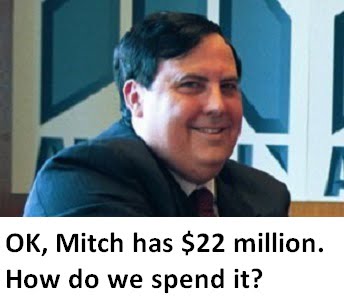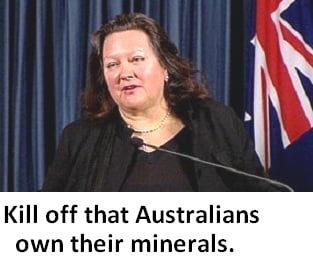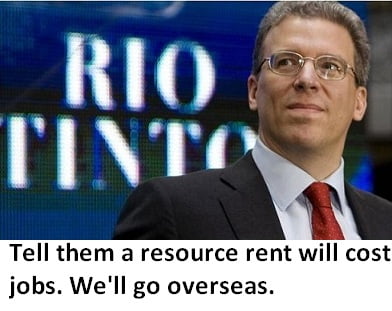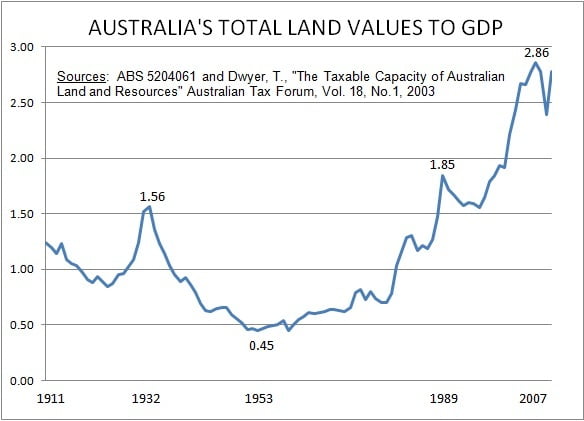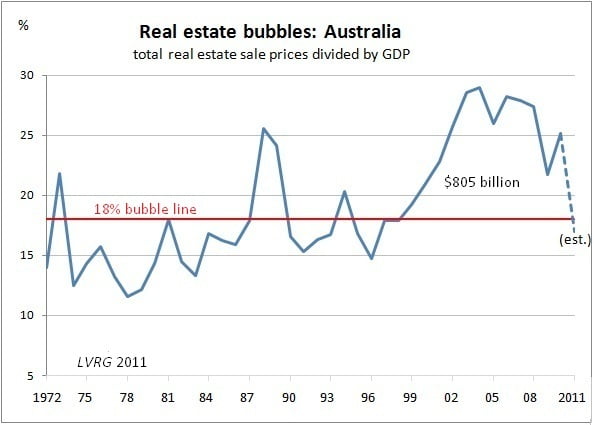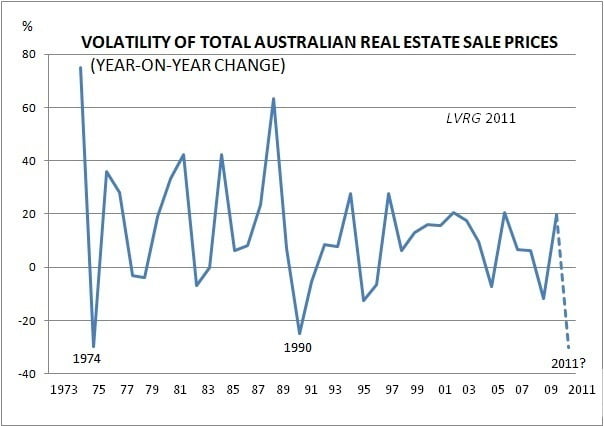THE JOURNO
In the Herald Sun today Scott Pape stares down the heat from irate landlords.
Stick to your guns, Scott, because you’re right – and they’re self-interestedly wrong.
BTW, you’ve actually put your finger on the cause of world economies collapsing, Scott. It’s all happening because the tax regime perversely encourages the finance, insurance and real estate (FIRE) sector, which is meant to be the SERVICE sector of the economy, but slaughters the DOERS, to whom the service sector is meant to be providing services but is instead running amok. It’s incredible.
Of course, the proper policy response would be to reverse the source of revenue, but don’t hold your breath on that one because politicians are in bed with the plutocracy’s lobbyocracy, and many are extensive property owners, too. Remember head of Treasury Ken Henry’s proposed mining resource rental at 40% of net profits? Remember his recommendation for an all-in land tax so that other taxes can be abolished? In the US Joseph Stiglitz and James K Galbraith have said the same action is required if the USA it to exit its economic morass.
Watch, however, as world economies do everything except what’s needed; watch as they do a Japan.
ROBERT MUGABE – A ‘DEATH BED’ CONVERSION?
Speaking of mineral resources, I heard on BBC radio last night that dictator Robert Mugabe wants Zimbabwean miners who’ve been ripping off the country for years to pay 51% of their profits by way of rent. When, as in Australia, his miners replied they’d simply walk away, he said “That’s OK, China’s got companies prepared to pay the rent.” [!]
There’s a deep irony in Mugabe’s position at this late stage of his life.
Thirty years ago Mugabe, an ardent Marxist, double-crossed his non-Marxist partner Joshua Nkomo. Nkomo had advocated the newly-freed nation fund itself from land and mineral rents. But with the assistance of Britain’s Lord Carrington, Robert Mugabe won out, slaughtering 20,000 Nkomo supporters in Matabeleland in the process.
So, now that you’ve completely stuffed Zimbabwe, Robert, you’re about to adopt Joshua Nkomo’s ideas – 30 years too late – is that right?
~~~~~~~~~~~~~~~~~~~~~~~~~~~~~~~~~~~~~~~~~~~~~~~~~~
Meanwhile, dear reader, have you seen David Collyer’s call for a residential buyers’ strike, here?
 I’m a baby-boomer myself, but I reckon the planet’s going to make it through OK if Gen Y’s excellent response to the homebuyers’ strike is any indication.
I’m a baby-boomer myself, but I reckon the planet’s going to make it through OK if Gen Y’s excellent response to the homebuyers’ strike is any indication.